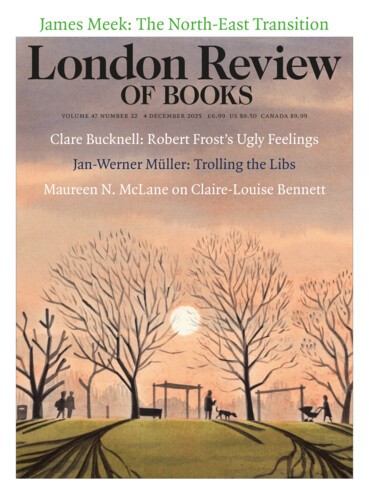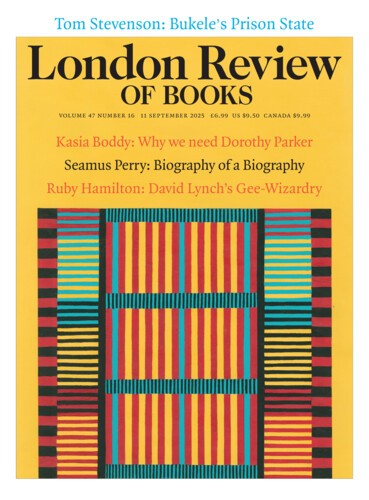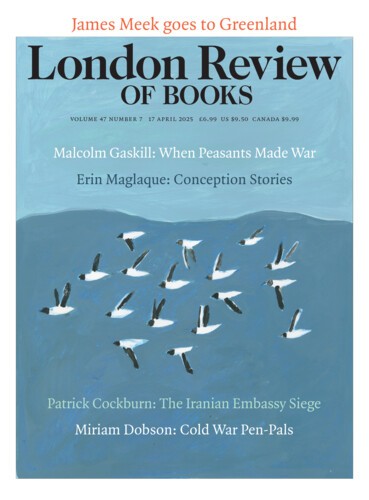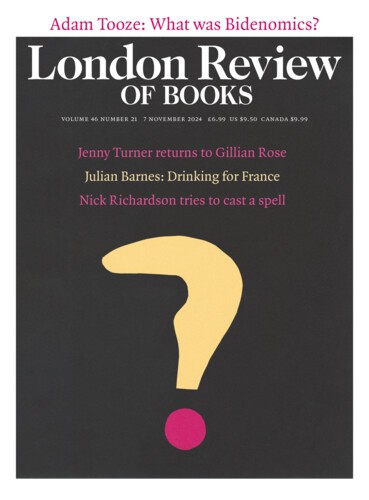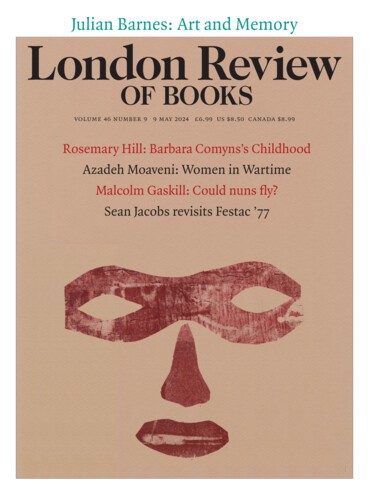Bejesuited: America’s First Catholics
Malcolm Gaskill, 4 December 2025
In the autumn of 2013, archaeologists digging beneath the chancel of a ruined church in Jamestown, Virginia, discovered four graves. They belonged to some of the earliest inhabitants of England’s first permanent colony in America. One was for Ferdinando Wainman, a member of the Virginia Governor’s Council; another for Robert Hunt, the church’s first minister and chaplain...
